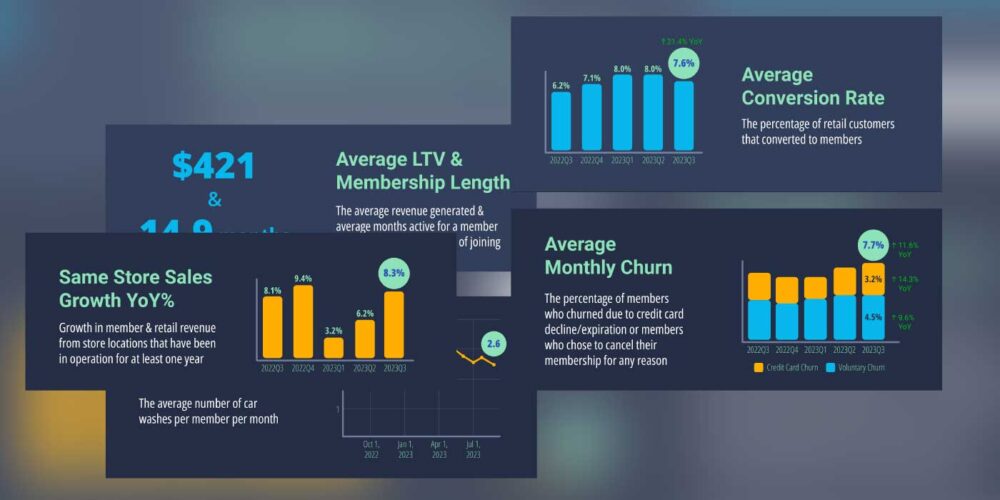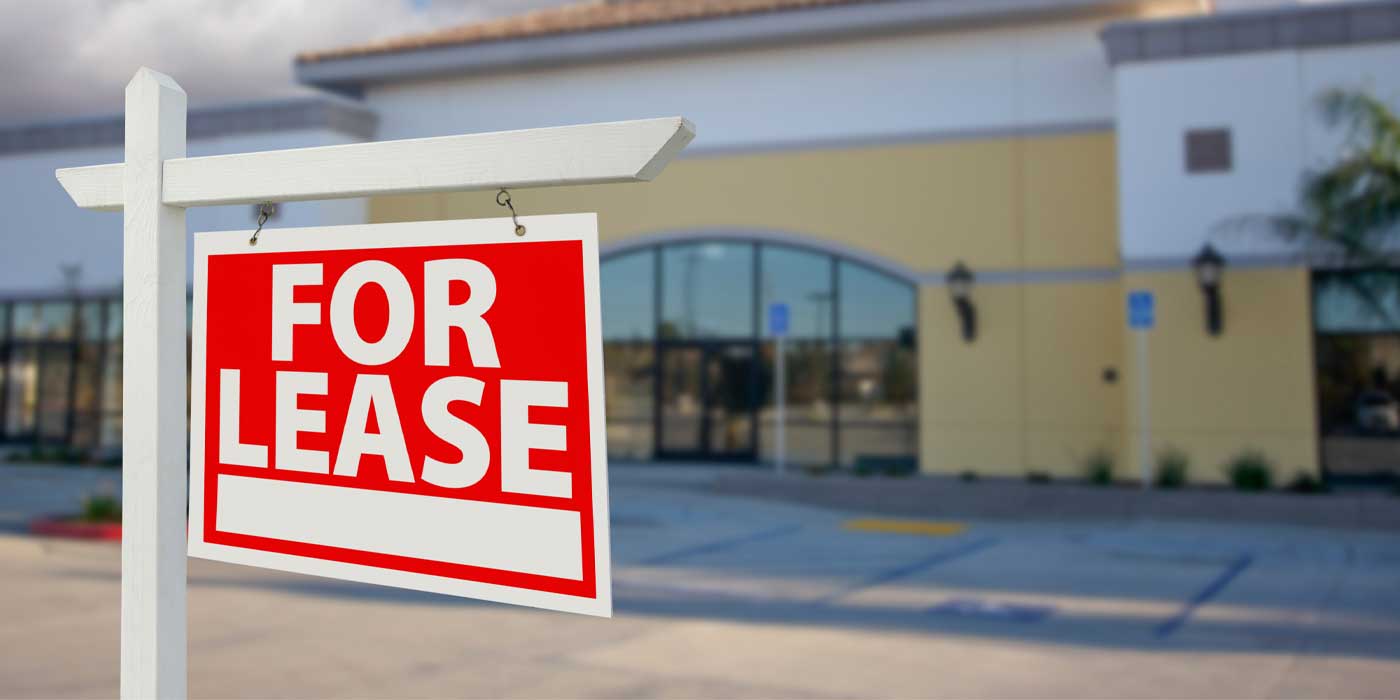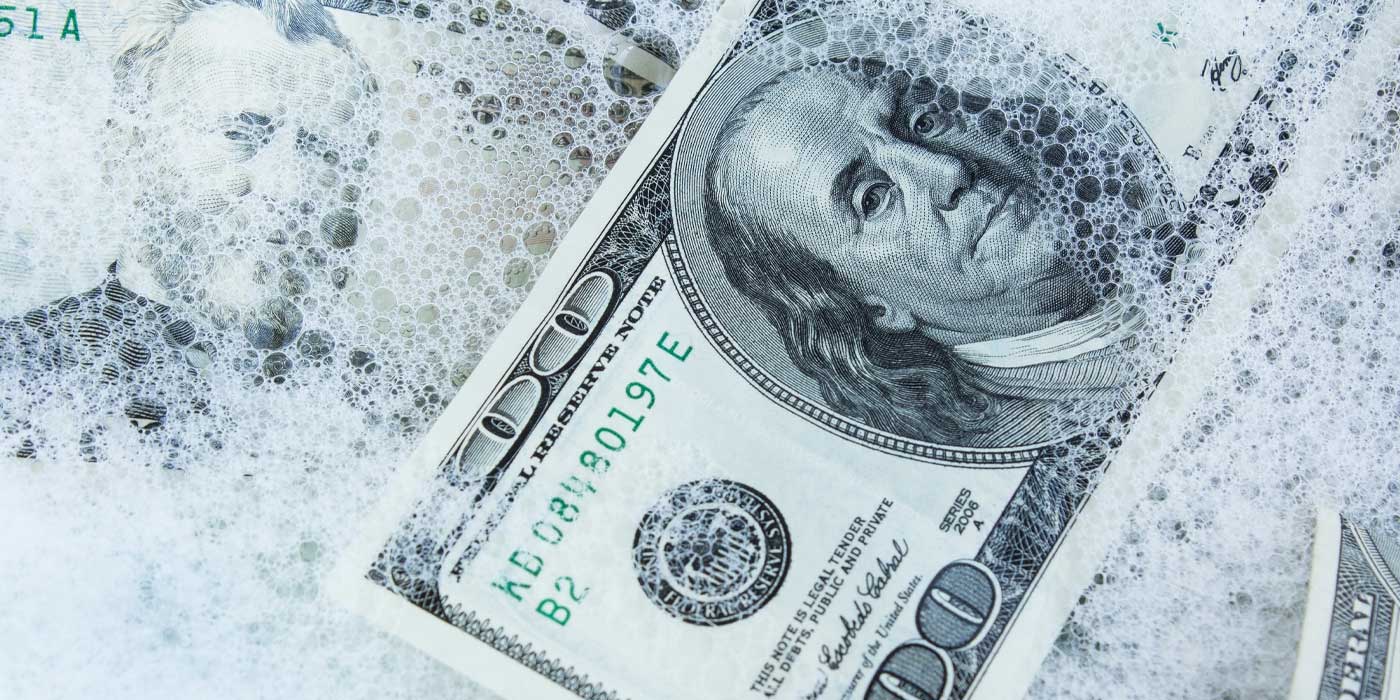The Biden administration and House Democrats have released proposed changes in tax law that would, in general, raise taxes to support spending on key Democratic agenda items, such as infrastructure and social services. While there is still much to be learned in terms of the timing and magnitude of such tax increases, carwash owners have been grappling with the question: What does this mean for me?
Please be advised: The situation on Capitol Hill is fluid, and at the time of writing at the end of September, there are still a lot of unknowns as they relate to how any changes in current tax law may actually shake out. The following is not meant to be tax advice but instead an assessment of how evolving tax law could impact the carwash industry based on what we know today.
Changing incentives for carwash owners
For corporations and businesses, the exact impact will ultimately depend on your organization’s size and structure. Current proposals call for a 26.5% top rate for C-corps with income in excess of $5 million. When taking into account local and state tax rates, corporations in certain regions of the U.S. could be among the highest-taxed businesses in the developed world.
Currently, pass-through income derived from investments in LLCs are taxed at the owner’s individual rate, with a 20% deduction under section 199A for domestic profits. Under the proposed changes, top-line tax rates for individuals will jump to roughly 39%, with an additional 3% surtax that goes into effect at $5 million of income. Additionally, deductions for pass-through income under section 199A are proposed to phase out for those with income levels greater than $400,000.
Under this scenario, carwash owners could be incentivized to increase capital expenditures on depreciable assets, such as equipment. The Trump-era Tax Cuts and Jobs Act of 2017 extended provisions for bonus depreciation, which allows businesses to immediately expense 100% of assets put into service after September 2017, with a 20%-per-year phase-out beginning January 2023. At the moment, there is no specific proposal under the new administration that would impact current bonus depreciation rules. As such, greater investments in equipment and machinery could allow carwash owners to lower their taxable income. With higher tax rates, every incremental dollar spent on depreciable capital improvements is worth much more to carwash owners.
For example, at a 20% tax rate, $1 million in capital expenditures is worth $200,000 to the bottom line, due to the taxable benefit of immediately expensing depreciation. Conversely, at a 30% tax rate, that same $1 million spend adds $300,000 to the bottom line. In addition to providing an economic benefit, increasing capital expenditures can drive greater efficiencies in carwash operations and could potentially allow operators to reduce expenses in other areas, such as labor during a period of rising labor costs. Greater levels of capital expenditures could also help sustain the extraordinary growth rates of the carwash industry that we have witnessed in recent years — for both carwash operations and vendors alike.
While taxes on business income will likely increase for many in the carwash industry, there could be a silver lining, since owners have greater incentive to reinvest cash flows back into their businesses by way of capital expenditures, which could have a positive impact on their bottom lines for many years to come.
The end of mergers and acquisitions?
The anticipation of changing tax laws has been a key driver of mergers and acquisitions (M&A) activity over the last six months. Higher capital gains taxes have been one of the biggest headlines from President Biden’s tax plan. While the magnitude of the increase has moderated quite a bit from the initial proposal of 43%, it looks as if new tax rates on long-term capital gains will settle in near 25% from the current rate of 20%.
In expectation of paying more on long-term capital gains, there’s been a flurry of carwash sellers looking to exit ahead of any changes to the treatment of capital gains. While this continues to be the catalyst for greater transactional activity in the carwash industry as of late, how will higher capital gains taxes impact the carwash M&A market in the years ahead?
Our assessment is that the impact will be minimal. We estimate that there have been more than two times the number of new builds than there have been carwash transactions over the last year, which should continue to provide a robust pipeline of potential M&A targets. There could certainly be fewer sellers in response to higher capital gains taxes, but the continued growth of greenfield developments should still provide ample supply for M&A activity. Furthermore, there is an abundance of capital in the system that should continue to fuel M&A activity in the carwash industry.
It’s no secret that the emergence of financial buyers, such as private equity firms and family offices, have accelerated M&A activity in this space over recent years. As investors continue to allocate more to private markets, there has been a growing amount of capital sitting on the sidelines. The carwash industry has presented itself as a high-quality opportunity for financial buyers, which is showing no signs of slowing.
Holding all else equal, it’s hard to envision a scenario that would throw off the abundant supply of capital that is currently in the system. The Tax Foundation estimates that the Biden tax plan will have a negative effect on gross domestic product (GDP) to the tune of -1.6% reduction in growth, but this is far from being considered a significant enough disruption to the economy that would impact the amount of capital or quality acquisition targets available to fuel M&A transactions in this space, especially given the fairly robust recovery of the economy following last year’s aggressive stimulus measures in response to COVID.
It’s important to remember that with the potential for fewer sellers, high-quality carwash chains with a clear path for growth could command higher multiples, which could more than offset any negative effects from paying higher capital gains taxes.
Heres the bottom line
Though tax changes are on the horizon, the carwash industry has proven to be an attractive market for investors and is poised for continued and even accelerated growth for the foreseeable future. For carwash owners, this means you have options based on your individual goals. If you are looking to stay in the game, consider not only making significant capital improvements to take advantage of these tax changes but also charting a path for growth now to maximize your valuation down the road when you are ready to sell. And, for owners contemplating an exit, M&A activity remains hot, especially with the rise of regional and national chains looking to rapidly expand their footprints.
Chris Jenks is an advisor to Amplify Car Wash Advisors, a national carwash advisory firm. With a mission of creating wealth for clients, Amplify helps carwash owners sell, partner or grow using practical industry experience as operators coupled with expertise in mergers and acquisitions and capital advisory. Learn more at AmplifyWash.com, or reach Chris at [email protected].














